Socially conscious organizations throughout the United States are making a meaningful impact on the Asian American and Pacific Islander community. Whether addressing deep-rooted challenges experienced by the Asian community, finding solutions for issues developed during the COVID-19 pandemic or just expressing the desire to represent and honor the AAPI community, a number of nonprofits are taking a stand to effect day-to-day change. Read on to get to know these groups and what you can do to help:
Yellow Chair Collective
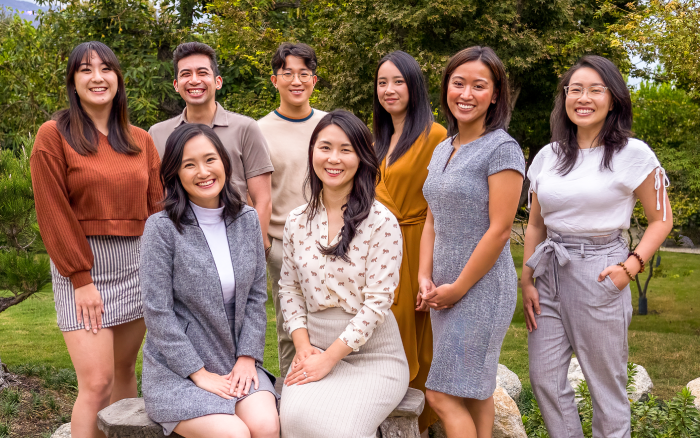
Providing mental health and support services for Asians, Asian Americans and multicultural communities in the greater Los Angeles area, Yellow Chair Collective is centered on the idea that therapy should heal patients as whole people rather than only fixing their current challenges. Founded by Korean American psychotherapist and clinical social worker Linda Yoon, the members of the Yellow Chair Collective understand that Asian American and multicultural populations often struggle with unique hardships, such as intergenerational trauma and racial discrimination. The organization consists mostly of Asian therapists who specialize in a range of treatments. Yellow Chair Collective currently offers Asian American-specific therapy in both New York and California.
Cafe Maddy Cab
In response to the increase in hate crimes against the AAPI community in New York City, food blogger and influencer Madeline Park founded Cafe Maddy Cab in April of 2021 to keep the AAPI community safe from physical violence and harassment. “It’s really terrifying,” Park said in a press release. “Every time I see it, I can’t help but think, that could’ve been me.”
Cafe Maddy Cab raises funds to pay for rides for Asian women, members of the LGTBQ community and elderly people via rideshare companies like Uber. At the time of writing in September, the organization has raised a total of $250,000 for more than 7,800 Uber rides, and that number is only growing.
Heart of Dinner
Cafe Maddy Cab is not the only community-driven organization to form during the COVID-19 pandemic. Language- and food-loving duo Yin Chang and Moonlyn Tsai founded Heart of Dinner in 2020 to fight food insecurity and isolation experienced by Asian American seniors in New York City.
By delivering abundant packages of culturally inclusive hot meals, fresh groceries and pantry essentials, Heart of Dinner tackles long-standing community issues heightened by the pandemic. Inside the packages are handwritten messages of love and support in multiple languages, made by volunteers who want to spread hope to Asian elders. You can get involved by writing notes, delivering meals or illustrating bags.
Lavender Phoenix
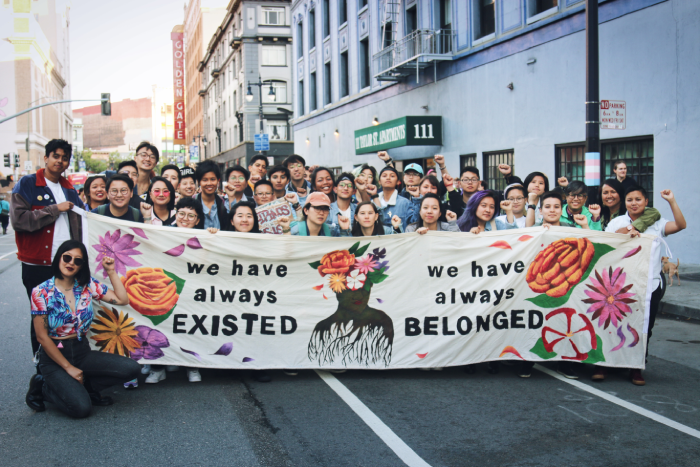
Lavender Phoenix, an organization dedicated to trans and racial justice, formed in 2004 as a response to a 6,000-person anti-marriage equality rally in San Francisco. Since its launch, Lavender Phoenix has built strong connections with other AAPI and LGBTQ organizations to secure marriage equality while sharing meaningful stories and advocating for the community. Through programs that train trans and queer AAPI leaders, and focusing on additional causes like mental health, wellness and ecological justice, the organization is an all-around movement for the trans and queer AAPI commmunity.
Act To Change
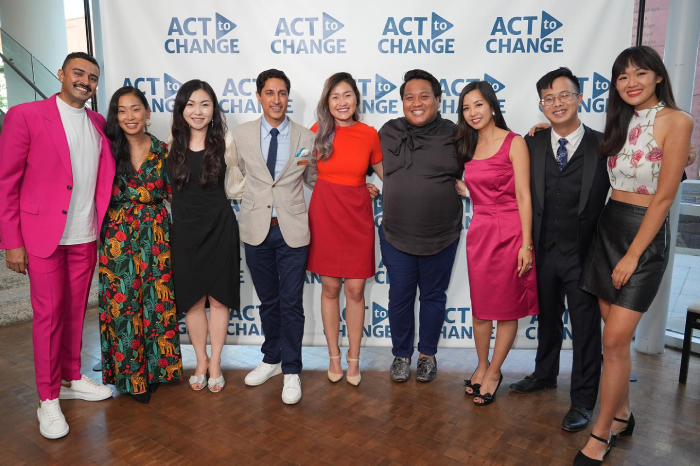
Act To Change was created to tackle bullying, especially among AAPI youth. In 2015, Act to Change began as a national public awareness campaign launched by President Obama in partnership with the Sikh Coalition and Coalition of Asian Pacifics in Entertainment. Led by former White House AAPI Commissioner Maulik Pancholy, the campaign later expanded its impact beyond the White House by becoming a nonprofit. Act to Change empowers students by advocating for systemic change and providing resources to promote safe communities where AAPI youth can be themselves and express all parts of their identities. Many people around the world, including actor and activist George Takei and NBA basketball player Jeremy Lin, have taken a pledge to #ActToChange and stop bullying against AAPI youth.
Next GenerAsian
Founded by then-15-year-old Cindy Wang in 2020, Next GenerAsian is a digital media platform created so young AAPIs could have a safe space for meaningful conversations on Asian stories and identities. The website offers creative work, initiatives and opportunities that show the true diversity of the Asian diaspora. With subjects ranging from identity and culture to politics, activism and more, the platform presents a full scope of stories to read. Asians from all around the world can get involved by submitting creative pieces, scheduling interviews, partnering with the platform or simply being part of an audience interested in understanding the Asian narrative.
Apex for Youth
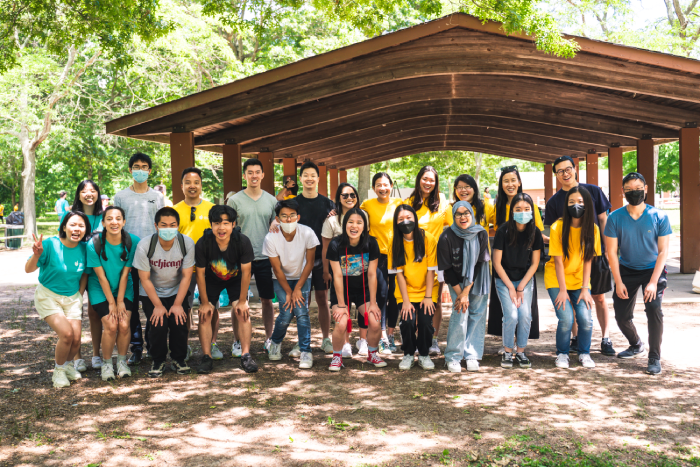
Apex for Youth lifts Asian American youth by building a community spanning generations. Founded in 1992 by five Asian American professionals who saw a need to inspire younger AAPI individuals to dream of better lives, the organization now runs on the commitment of 500 volunteers. Their work includes recruiting professionals throughout New York City to become positive role models for over a thousand children and teens per
year. Through mentoring, education, athletics, after-school enrichment and mental health programs, APEX for Youth offers resources for the nation’s children to become “confident, prepared for success in college and career, and positioned to give back to their community.”
Asian Pacific Environmental Network
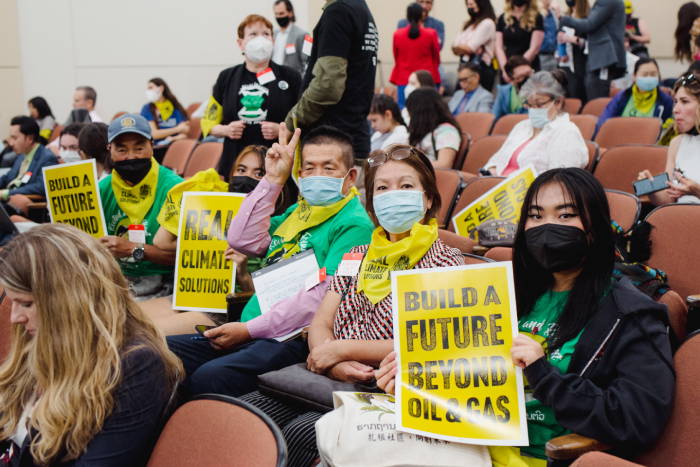
Since 1993 the Asian Pacific Environmental Network has united Asian immigrants and refugees in California’s Bay Area to fight for environmental justice. APEN was founded by a group of board members with a mission to fight against chemical pollution, which has negatively impacted the people and lands of the Asian community in the Bay. The organization’s ultimate goal is to move from an economy that causes pollution and exploitation into a healthy and sustainable economy that will benefit everyone. The network continues to form strong alliances that
will end public subsidies for fossil fuels, prevent Chevron from expanding its local oil refinery and stop the transportation of coal into the San Francisco Bay.
Coalition for Asian American Children and Families
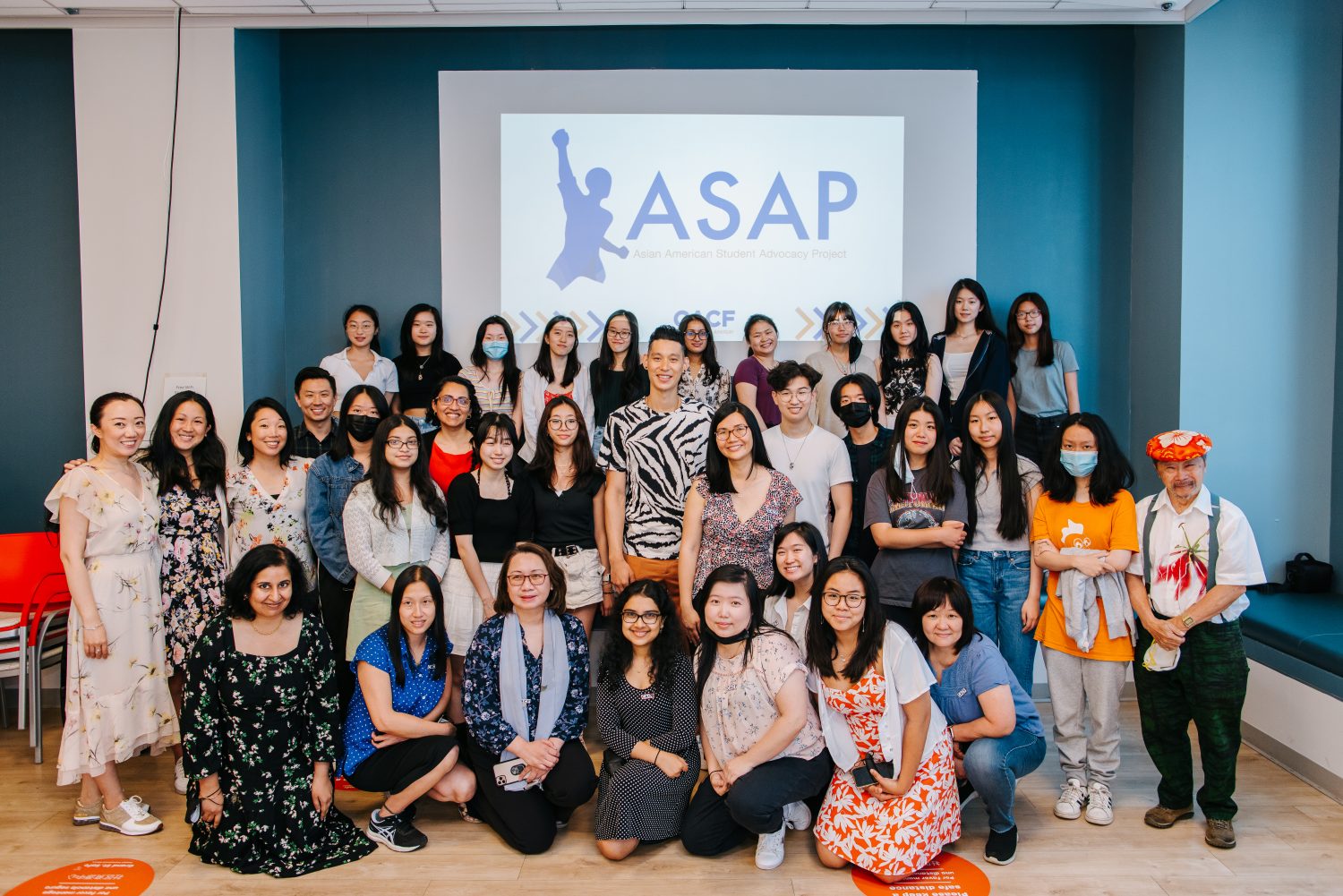
Serving the AAPI community in New York City, this organization runs campaigns and programs for policy and advocacy, leadership development and capacity building. Founded in 1986, CACF was once a volunteer-run organization and became incorporated in 1992. The organization fights for the AAPI community to have equitable access to resources like education and funding. Their many programs include the Asian American Student Advocacy Project which creates a safe space for AAPI youth across NYC to learn about their identities, communities, histories and the importance of their voices in policymaking to address inequities in the public school system.
Hawai’i United Okinawa Association
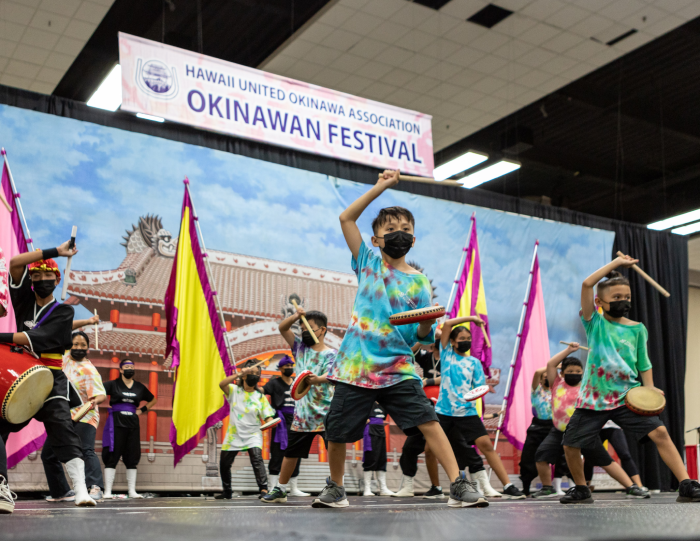
Playing a crucial role in Okinawa’s recovery process after the World War II Battle of Okinawa, the Hawaii United Okinawa Association has served the local Okinawan community since its establishment in 1951. Based in Hawaii, this nonprofit now has over 50 member clubs consisting of families whose ancestors immigrated to Hawaii from Okinawa during and after World War II. The organization offers student exchange programs, scholarships and grants, and hosts events to help educate the community about Okinawan culture. One of the HUOA’s major events is the Okinawan Festival, a delicious way to celebrate and bring exposure to Okinawan food and Okinawan-owned restaurants.

This article appeared in Character Media’s Annual 2022 Issue.
Read our full e-magazine here.





